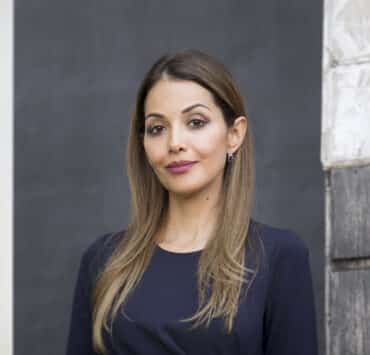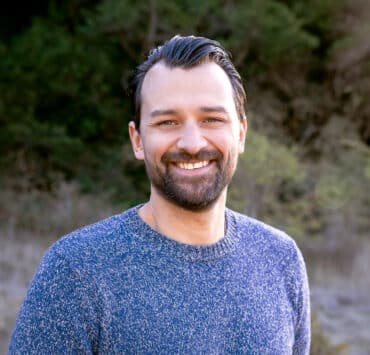|
Getting your Trinity Audio player ready...
|
It all started with an idea. Philip Catron just needed someone to believe in him.
“After starting a small business when I got out grad school, I was recruited by a national company (the now-defunct ChemLawn) and helped develop their operations up and down the East Coast for them,” says Catron, who studied plant science as an undergraduate at the University of Delaware and plant physiology and genetics as a graduate student at Rutgers University. “During that time, during the mid-’70s to mid-’80s, a couple of things became very obvious to me.”
The first was that the chemicals being used by technicians were causing problems such as skin rashes and organophosphate poisoning—a lowering of an enzyme in the blood that can cause muscle twitching and a host of very serious nerve problems.
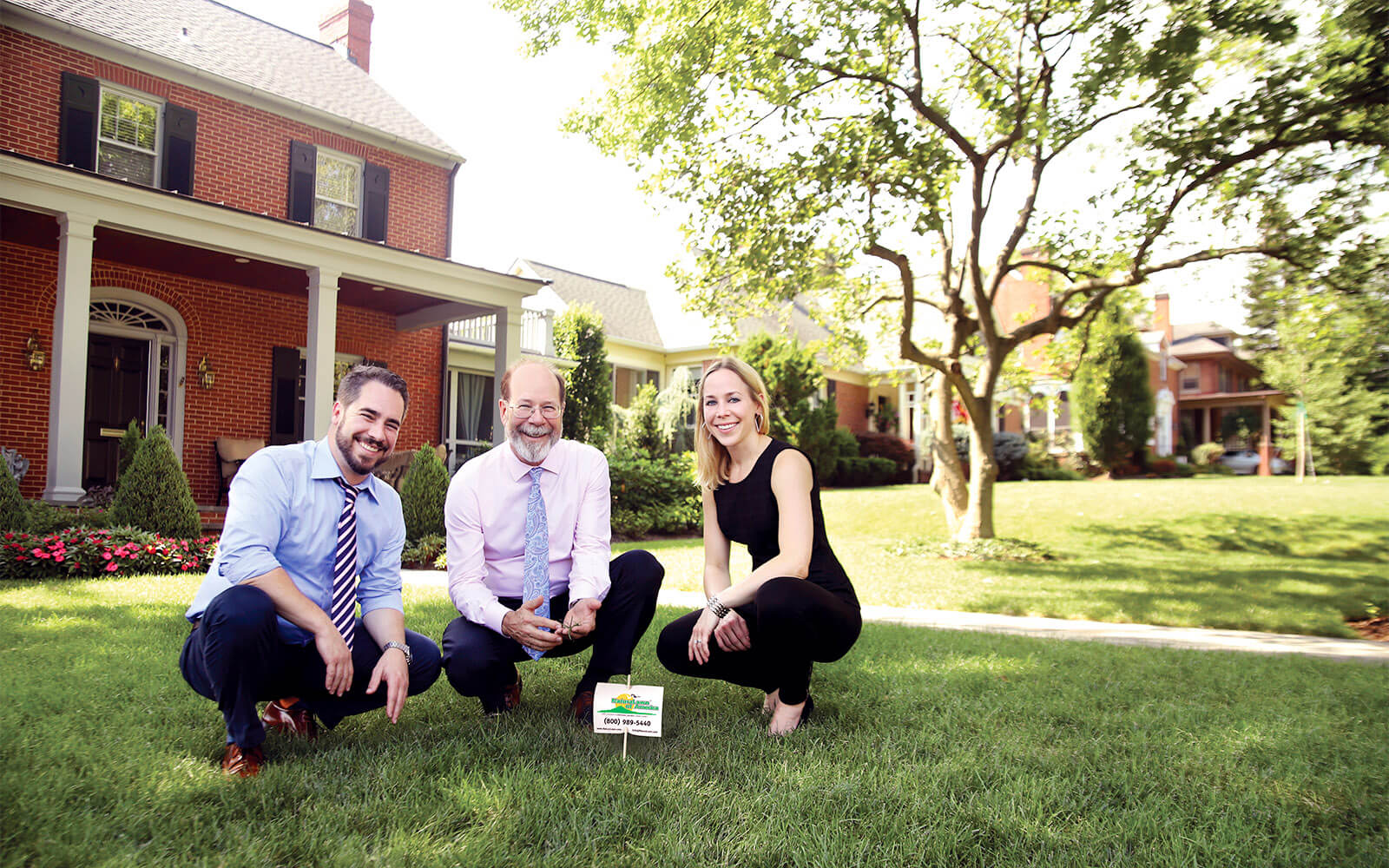
“We were getting various complaints from consumers about their pets being sick after an application to the lawn and in some cases, they died ,” Catron says. “Golden retrievers are especially susceptible to a herbicide product called 2,4-D, which a lot of lawn care companies still use today. So, I took a stand in 1978 and developed a different program than what ChemLawn was using and presented it to them.”
The program included an emphasis on integrated pest management (IPM), where you concentrated on the cause of the problem and not just simply treat the symptom. The Federal EPA even asked Catron to write the chapter on IPM in 1991 because of his expertise.
His message to ChemLawn was clear: things needed to change in the mode of operation and the products that were being used. But the decision-makers at the company weren’t interested and asked him to kill the program.
Meet Franchise Owner Diego Antonio
What interested you about NaturaLawn?
There are many reasons why I decided to be part of the NaturaLawn family:
- Proven in time—over thirty years successfully providing organic-based lawncare services
- Proprietary products that are exclusive to NaturaLawn
- A team at home office that is committed to your overall success
During my early conversations with the team, I saw a commitment to environmentally friendly practices like no other in the industry. This aligned perfectly to my values and vision of reducing the amount of pesticides going into the environment.
“Unbeknownst to them, I kept it running at one of my branches in Virginia Beach, and it was very successful,” Catron says. “When my boss came out and found out, he insisted that I stop.”
With ChemLawn’s careless decision, he was ready to go elsewhere and was recruited by a small regional company.
“I knew I could make this happen,” he says. “I didn’t kill the idea but kept studying it on my own and collecting concepts.”
But his new company was consolidating and getting ready to sell, so Catron lost his job less than a year after starting—his idea was again without a home.
With two young children, Catron wasn’t sure what was next. He remembers standing in line at the unemployment office and knew he needed to get someone to listen to his idea. He started going out and talking with those in the industry about his concept to convert them from chemical lawn care to a more organic-based biological concept.
But no one was convinced. “I must have been a very bad salesman,” he says with a laugh. So, Catron decided to start his own company in 1986, and NaturaLawn of America was born, originally operating out of his house in Damascus, Maryland.
By 1988, the company developed its first franchise document and, a year later, sold its first franchise in York, Pennsylvania, which is still operating today.
“In 1989, we introduced beneficial microbes into our proprietary fertilizer and even today, that concept is still very new to the industry—they’ve heard of it but don’t truly embrace it,” he explains. “From that one single strain to where we are in 2024, we now have over eighty different beneficial microbe strains in our fertilizers, we have reduced the use of chemical pesticides by over 90 percent in our applications; this undoubtedly has had a huge beneficial impact on the environment.”
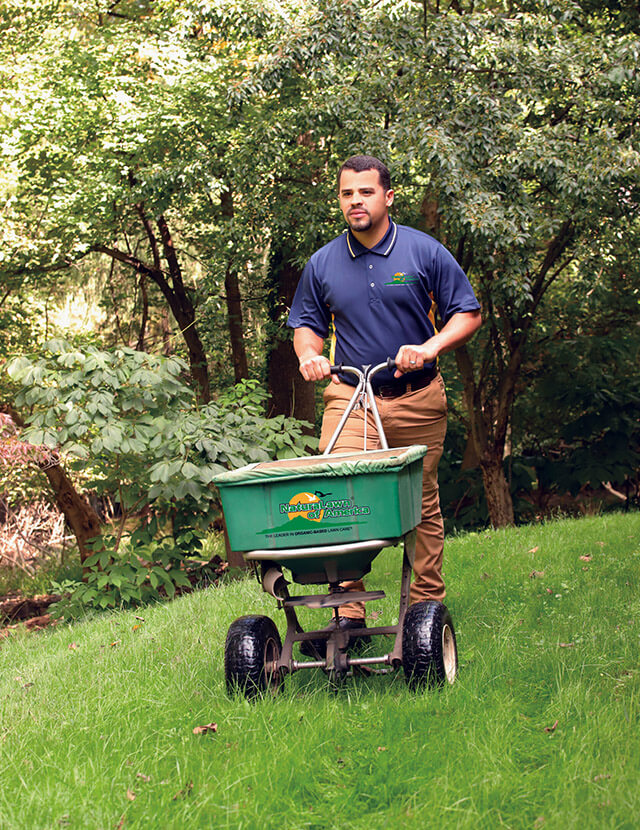
Today, NaturaLawn has 100 licenses across 27 states and treats more than 125,000 customers in the US.
“We created a niche, and the industry has somewhat tried to follow us, but they’re very slow in adapting to this new way of conducting a safer lawn care system. They are not doing a very good job,” Catron notes. “We’ve been growing at double digits every year since our inception, and we will do a little more than $105 million this year.”
The philosophy behind the company’s success is simple: “If you learn to take care of your people first, they will take care of the customers and then they will take care of the business by buying your services and products,” Catron shares. “If you worry too much and all you’re geared towards is making profits, you may succeed for a short period of time, but it won’t last.”
To say he reached the American dream is an understatement. Catron’s father grew up on a farm in Southwestern Virginia, and it’s there that he first learned about agriculture, plowing a field with a mule, shucking corn, and feeding the chickens. He even lived without running water and used an outhouse.
“People think [those] are hardships—and in many respects, they are, but they teach wonderful ethics, and you become very appreciative of what you have,” Catron explains.
His first real job was raking sand traps and working the greens at a golf club. He continued finding jobs with landscapers and at country clubs, so he’s always had a love for the industry.
“I’ve always liked working outside and always enjoyed watching things grow,” he shares. “You learn the magnificence of nature when you get on your hands and knees and start digging into the grass and soil and see how much life is there. People just take it for granted.”
Now, thirty-five years after he first founded NaturaLawn, Catron has an even deeper appreciation for lawn care and is proud to operate a family-run company with leadership driven by his children, Theresa Smith and Jesse Catron, both of whom are senior vice presidents.
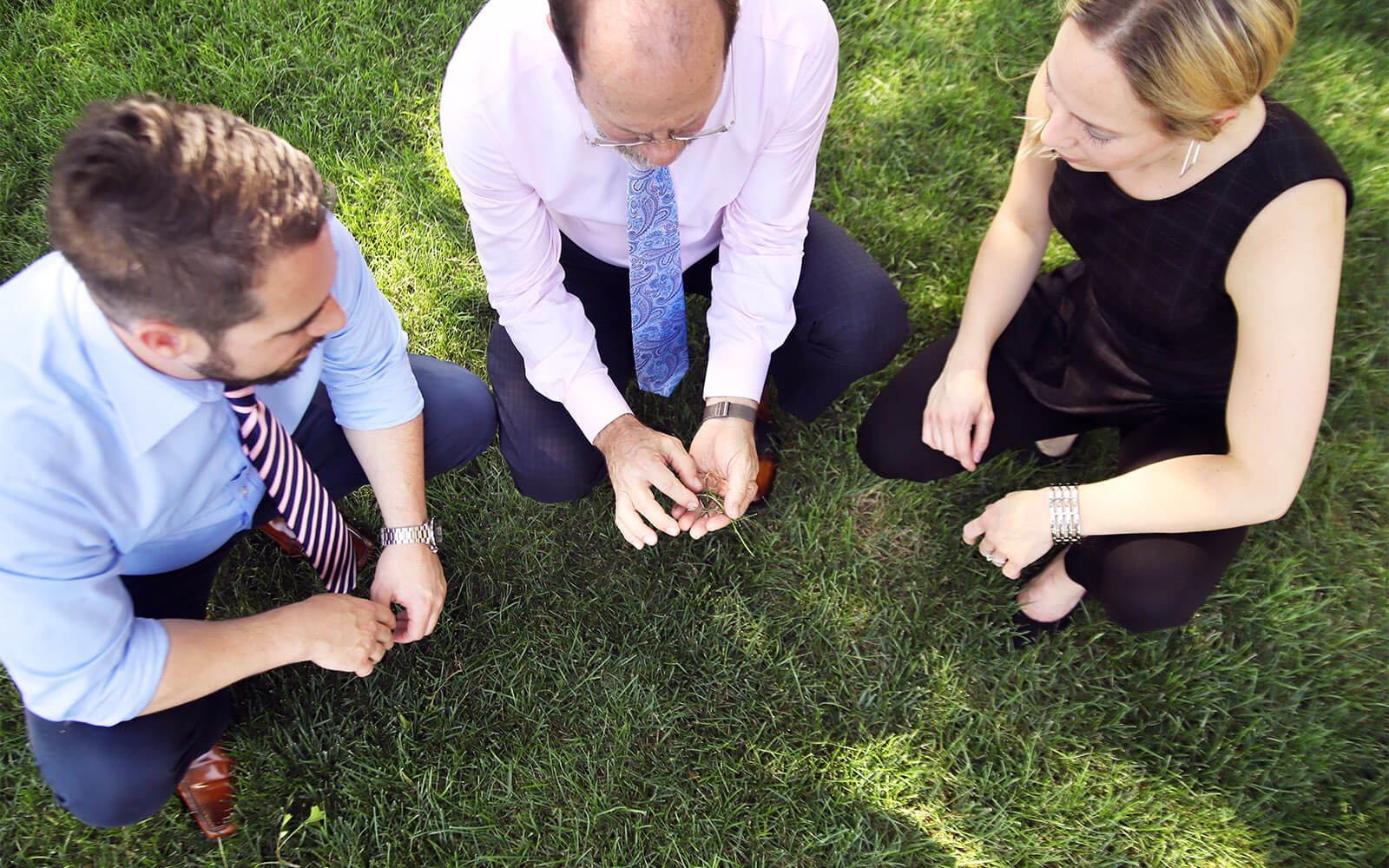
“My family has always come first, not the business,” he says. “We teach that, support that, and encourage that at the company.”
But that doesn’t mean you need to be an immediate family member to be part of NaturaLawn—which has employees from all over, including Honduras and El Salvador—and he encourages those from Central America to get involved in this career.
The company is always seeking new franchisees who care about the environment like his family does. By franchising with the company, Catron believes others can follow in his footsteps and achieve the American dream.
One of the things that is unique at NaturaLawn is that it offers ownership to every employee across the system every year they are employed—for every year they are employed, they achieve a $5,000 discount/credit toward the purchase of a franchise up to $20,000. With a franchise costing $29,500, that’s most of the cost.
“We’ll even help finance the deal,” Catron says. “It’s a way to attract good people, it’s a way for us to identify people so we’re promoting from within those who believe in the system. And for our independent franchise owners, it’s a great way for them to recruit people.”
Cantron hopes to continue to get the word out about the company and make the world a more environmentally friendly place.
